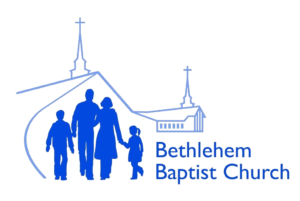Sermon Audio: Book of Proverbs Intro
The previous post was a general introduction to the topic of wisdom. The purpose of this post is to specifically introduce the book of Proverbs to you.
God in Proverbs
Proverb’s teaching focuses on practical advice and observations and seems distant from the theological concerns of the OT. References to God occur sporadically in Proverbs, and many of the individual proverbs in chapters 10-31 have no reference to God. But Proverbs is not rightly understood if it is taken as a book of practical advice with an occasional nod of the head to the Lord. Proverbs is thoroughly and pervasively theological.
The God-focus of Proverbs is particularly seen in two ways: an idea called “the fear of the Lord” and a character called “Woman Wisdom”
Fear of the Lord
Proverbs 1:7, “The fear of the Lord is the beginning of knowledge; fools despise wisdom and instruction.”
The position of this verse (at the end of the introduction) signals to us that it is intended to color our view of the teaching of the book as a whole. Wisdom is not simply a matter of learning certain principles of life and applying them. Wisdom begins with a relationship to God.
Characters in Proverbs
1 – Woman Wisdom
This is a personification (giving personhood to a concept) – a visual image that conveys a concept to us. Our introduction to this character – wisdom as a person – is found in chapter 1 and continues throughout the book.
Proverbs 1:20, “Wisdom cries aloud in the street, in the markets she raises her voice”
Woman Wisdom is a more dominant and active character in the book of Proverbs than the Lord is. We see the Lord in the background of Proverbs, and Woman Wisdom in the foreground.
2 – Woman Folly
There is another Woman in Proverbs named Folly.
Proverbs 9:13-15, “The woman Folly is loud; she is seductive and knows nothing. 14 She sits at the door of her house; she takes a seat on the highest places of the town, 15 calling to those who pass by, who are going straight on their way”
These two persons – Wisdom and Folly represent diametrically opposed relationships with the divine and humanistic worldviews.
3 – Humans
Generally speaking, Proverbs views humans as arranging their own thoughts and planning their own steps, and capable of making their own decisions. But the ultimate establishment of our lives come from the Lord.
The central part of each person is his or her heart.
Specific Types of Humans
In our world we love to categorize people. The primary tags that we apply to people to day have to do with gender and ethnicity.
In Dr. Martin Luther King’s words, he desired that his children would one day live in a nation where they are not “judged by the color of their skin but by the content of their character.” This is exactly how Proverbs categorizes people…by the content of their character.
Wise or Righteous Person
The Bible as a whole makes it clear that no one is or can be righteous in and of themselves, only through Christ. So, when we see Proverbs speak about a righteous person, we need to understand it as a person whose faith in and love for God causes them to order their lives according to God’s laws and principles.
Unwise Person
-
- Fools or wicked – person with poor character that brings about poor decisions and behavior
- Gullible – the person who does not use mind to make good decisions
- Mocker – this person is a hardened fool who hates the wise
- Sluggard – unreliable and lazy person
Two Frameworks for Reading Proverbs
The Path
Throughout the first part of Proverbs (chs. 1-9), “the path” is a pervasive metaphor. Everyone is walking on one of two types of paths: a straight path or a crooked path. Path is a metaphor that refers to your chosen life direction.
Two paths are open for us to choose from:
-
- One is crooked (2:15) and dark (2:13). Danger lurks on this path (1:10-15). The dark path represents foolish behavior and choices in this life, and it culminates not in life but in death.
- The other is the right path, leading to life. This path is straight and well lit. The most well-known verses in Proverbs reference God laying this path out before us if we will only acknowledge him.
Proverbs 3:5-6, “Trust in the Lord with all your heart, and do not lean on your own understanding. 6 In all your ways acknowledge him, and he will make straight your paths.”
The Dining Table
As you walk the paths of life, you will encounter the two women named Wisdom and Folly. Each of these issue invitations for dinner. The call is to become intimately involved with the one with whom you choose to dine, Wisdom or Folly – to make them an integral part of your life.
Thus, at the end of the first major section of Proverbs (chs. 1-9) we are invited to make a decision: with whom will we dine? Will we dine with Woman Wisdom, who represents the Lord’s wisdom, or will we dine with Woman Folly, who represents the false gods and false wisdom of our world?
Proverbs 9:1-6 – the dinner invitation of Woman Wisdom
Proverbs 9:13-18 – the dinner invitation of Woman Folly
It is in this rich and picturesque background of the path and the dining table that we should interpret the individual proverbs.

